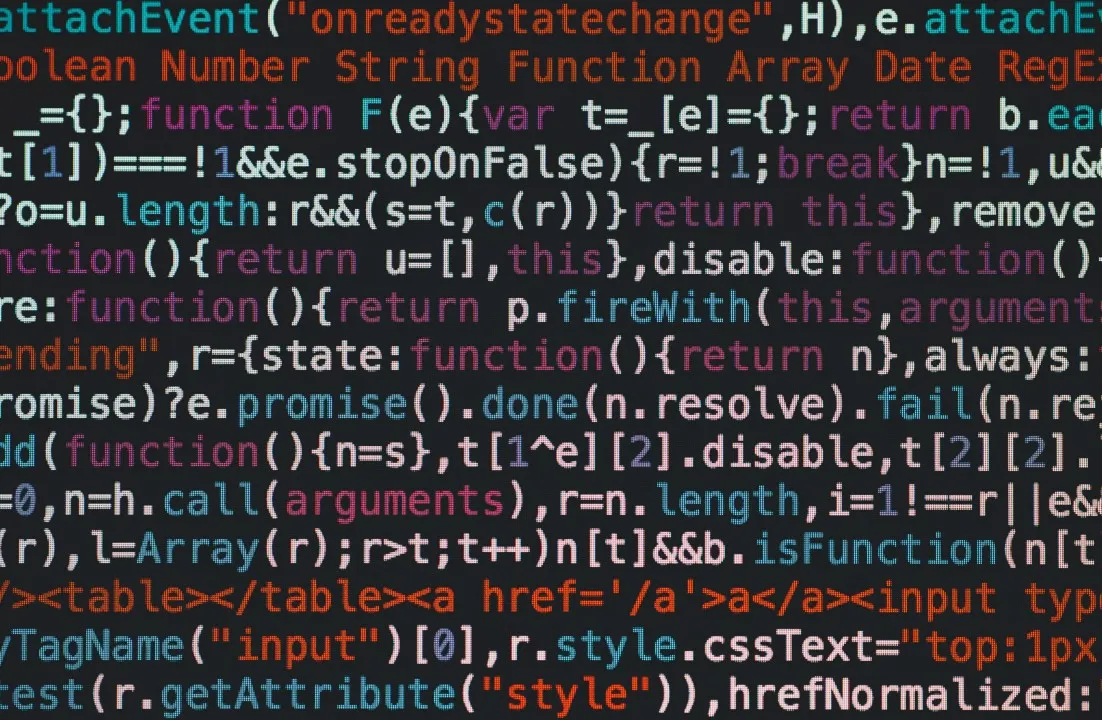Artificial Intelligence has evolved rapidly in recent years, revolutionizing industries and transforming the way we live and work. As AI becomes increasingly integrated into our daily lives, the question of whether AI should be open source has gained prominence. Open source AI is an approach that promotes the sharing of AI technologies, algorithms, and data with the global community.
So, let’s find out why AI should be open source and the benefits it offers to society.
Accelerating innovation
One of the most compelling reasons for making AI open source is its potential to accelerate innovation. When AI technologies are shared openly, developers from around the world can collaborate, build upon each other’s work, and collectively push the boundaries of what AI can achieve. This rapid innovation benefits not only the AI research community but also industries that rely on AI solutions.
Democratizing access
Open source AI democratizes access to cutting-edge technologies. By making AI tools and models freely available, it ensures that AI benefits are not limited to a privileged few or a handful of powerful organizations. Anyone, regardless of their background or resources, can access and use these tools to address a wide range of problems, from healthcare and education to environmental conservation and social justice.
Avoiding monopolization
AI has the potential to concentrate power in the hands of a few tech giants if it remains closed and proprietary. Open source AI helps prevent monopolization by distributing knowledge and resources more equitably. This ensures that AI development is not driven solely by profit motives but by a shared commitment to the betterment of society.
Fostering transparency and accountability
Transparency and accountability are essential in AI development. Open source AI encourages transparency by making the underlying code and algorithms accessible for scrutiny. This helps identify and address biases, errors, and ethical concerns, leading to more responsible AI applications.
Building trust
Trust in AI systems is crucial for their widespread adoption. When AI is open source, it is easier for users and stakeholders to understand how the technology works and to verify its reliability and security. This transparency builds trust and confidence in AI solutions.
Encouraging collaboration
Open source AI fosters collaboration among researchers, developers, and organizations. It promotes the sharing of knowledge and best practices, leading to more robust and reliable AI systems. Collaboration also allows for the pooling of resources and expertise to tackle complex challenges.
Supporting education
Open source AI is a valuable resource for educational institutions and students. It provides learning opportunities and hands-on experience with cutting-edge AI technologies. By making AI accessible in this way, we can nurture the next generation of AI experts and innovators.
Enhancing security
Open source AI can contribute to enhanced security by allowing a diverse community of experts to review, audit, and improve code. When vulnerabilities are discovered, they can be quickly addressed, reducing the risk of AI systems being exploited for malicious purposes.
Customization and adaptability
Open source AI empowers users to customize AI solutions to suit their specific needs. Whether it’s adapting AI for a particular industry or tailoring it for a unique application, the flexibility offered by open source code allows for greater adaptability and problem-solving.
Longevity and sustainability
Proprietary AI solutions can be discontinued or become obsolete if a company decides to stop supporting them. Open source AI projects are often community-driven, making them more likely to be maintained and improved over the long term. This ensures the sustainability and availability of AI technologies.
Ethical and inclusive development
Open source AI encourages discussions around ethical considerations in AI development. It enables a wider range of voices and perspectives to participate in shaping AI’s ethical principles, ensuring that AI systems align with societal values and diverse needs.
Global collaboration
AI is a global endeavor, and open source AI promotes international collaboration. Researchers, developers, and organizations from different countries can work together on shared AI projects, fostering cooperation in addressing global challenges.
Reducing redundancy
Open source AI reduces redundancy by preventing the duplication of efforts. Developers can build upon existing open source AI solutions, saving time and resources, and focusing on novel contributions and improvements.
Bridging the digital divide
Open source AI can help bridge the digital divide by making AI accessible to regions and communities with limited resources. This can facilitate economic development and social progress in underserved areas.
Open data sharing
In addition to open source code, open data sharing is a critical component of open source AI. Access to high-quality datasets, which are often a prerequisite for AI development, allows for broader research and innovation while ensuring data privacy and security.
Promoting responsible AI
Open source AI communities often establish guidelines and best practices for responsible AI development. This helps raise awareness of the ethical and social implications of AI and promotes the responsible use of AI technologies.
Challenges and considerations
While open source AI offers numerous benefits, it also presents challenges, such as ensuring data privacy, addressing security concerns, and managing intellectual property rights. These challenges should not deter us from the goal of making AI open source but should be addressed through thoughtful policies, regulations and ethical guidelines.
Open source AI is a necessity
Open source AI is not just a good idea; it is a necessity for the responsible and equitable development of artificial intelligence. By sharing AI technologies openly, we can accelerate innovation, democratize access, avoid monopolization, foster transparency, build trust, encourage collaboration, and support education.
These benefits far outweigh the challenges, making open source AI a path toward building a better future for humanity. It is our collective responsibility to embrace and promote open source AI to ensure that the potential of AI benefits us all.
You can read more Dawid Wiktor’s writings on his Executive Profile.

